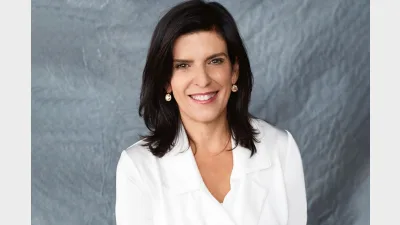$450 threshold needs to be removed


The superannuation $450 monthly income threshold needs to be removed as 18 per cent of women who have a job do not reach the threshold, Australian Institute of Superannuation Trustee (AIST) and Women in Super said in the lead up to International Women’s Day.
Data from an AIST commissioned Essential Media survey found that twice the amount of women than men were affected by the threshold limit, with the highest proportion affecting women between the ages of 18 and 35.
Another 42 per cent of women who earned less than $450 a month from one employer were not receiving super.
AIST acting chief executive, Eva Scheerlinck, said super should be universal and the threshold needed to be removed, particularly as modern payroll systems made it easier for employers to meet their obligations.
“With increasing casualisation of the workforce, the $450 threshold will continue to impact on both women and men – many of whom are low income earners and need all the super they can get,” she said.
Women in Super chair, Cate Wood, said: “One-in-three women currently retire in poverty and it is time to break with the past and take the fair and rightful step forward by implementing structural changes that deliver real improvements to women”.
Recommended for you
Peri and menopause training founder and TV journalist Shelly Horton has hit back at calls for businesses to introduce menopause leave.
Former federal MP Julia Banks insists that all women can use their personal power to advocate a more inclusive workplace and support other women.
After a successful inaugural event last year, the Women in Finance Summit is returning in 2024 with more business insights and networking opportunities.
Super Review is now accepting nominations and submissions for the Women in Finance Awards, to be held in November 2024.












